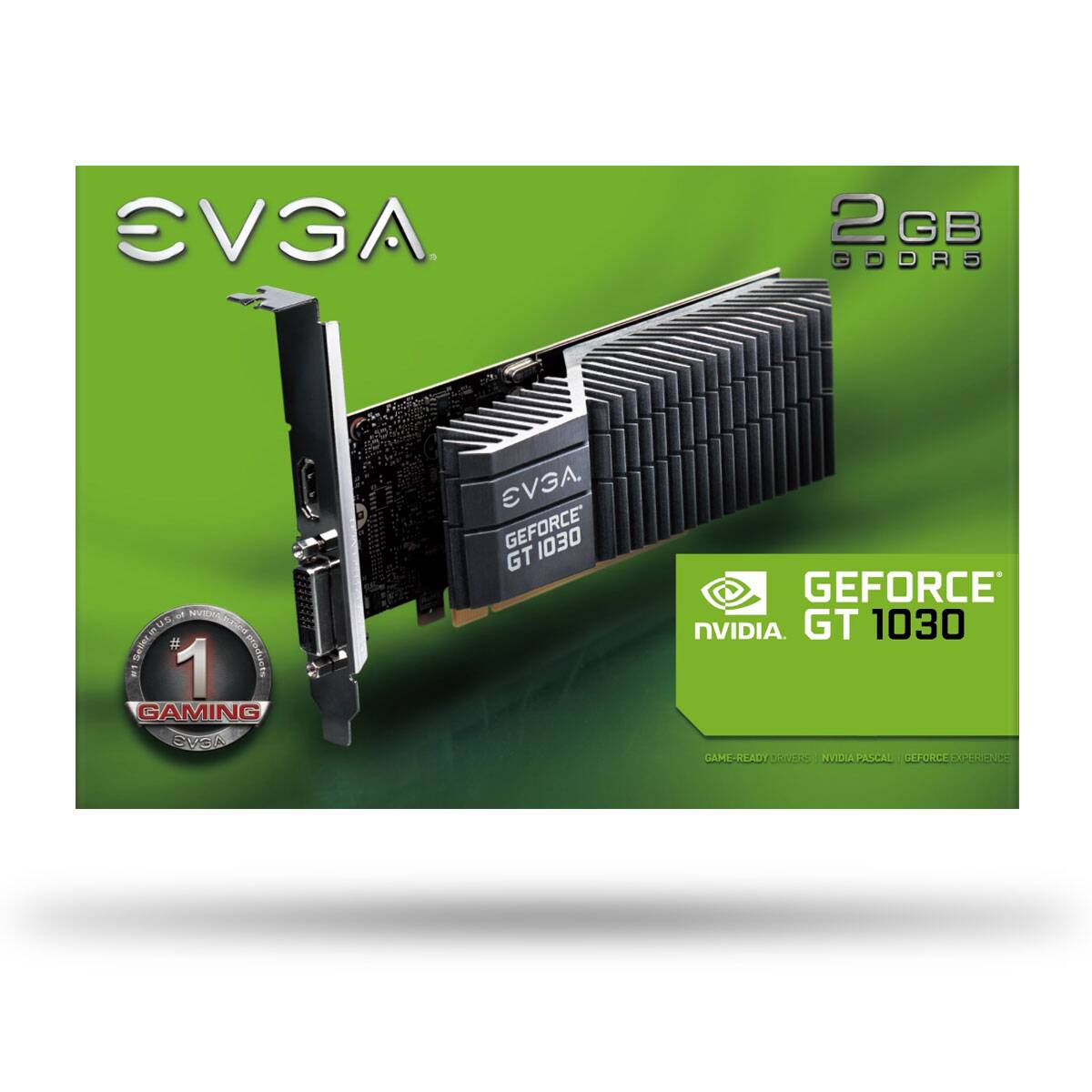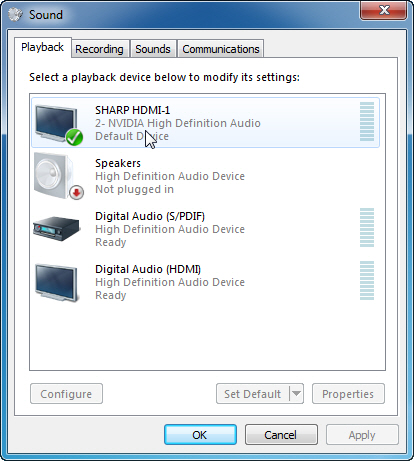Now in the device manager there is no Realtek at all but 2 x High Definition Audio and the sound is working fine. I sustpect there is a conflict between the Realtek software and driver and the Windows Audio and/or the Nvidia Audio that cases the problem. I was able to solve the problem by rolling back the HD Audio Controller driver update. All the working drivers give me noisy sound (latest driver I used is 0.2.6.1). Which version of the experimental drivers did you use? Unfortunately this one is not compatible with Leopard 10.5.8. Feb 26, 2019 - NVIDIA High Definition Audio drivers support the output of HDMI audios. If you can't. Mostly, driver problems can be the reason. Right click on High Definition Audio Device and select Update Driver Software 3.
As the the current CI framework runs in a VM it does not test VFIO passthrough. This document shows how to test it manually using a GPU as an example.
Determine Segment:Bus:Device.Function, Vendor and Device ID
0000:17:00.0 is the Segment:Bus:Device.Function
10de:0fc6 is the Vendor and Device ID
Find the IOMMU group for the device
Find all other devices that are present in the same IOMMU group
Note: In this case the graphics card is a multifunction device and 0000:17:00.0 and 0000:17:00.0 represent the graphics and audio devices associated with the graphics card
Determine the Device and Vendor IDs for remaining devices in the IOMMU group
Setup the host not to use the GPU
To avoid potential graphics instability on the platform, it is advisable to bind to vfio-pci at boot time rather than after the host system is up.
Note: This is not typically needed for other devices. Other PCI devices can typically be unbound post boot.
Grub

- Edit
/etc/default/grubto append the following toGRUB_CMDLINE_LINUX_DEFAULT
intel_iommu=on rd.driver.pre=vfio-pci video=vesafb:off,efifb:off
intel_iommu=onenables VT-d.rd.driver.pre=vfio-pciensures that the vfio-pci driver is loaded earlyvideo=vesafb:off,efifb:offdisable the EFI/VESA framebuffer
- Update the grub configuration
/etc/modules
Append the following to /etc/modules to ensure that the vfio drivers are loaded at boot
/etc/modprobe.d/vfio.conf
Setup the device(s) in the IOMMU Group to bind to vfio-pci rather than its default driver. Append the following to /etc/modprobe.d/vfio.conf to bind the two functions to vfio.
Blacklist the Graphics drivers
Graphics device binding, particularly with the nouveau driver, happens early enough that to successfully bind to vfio-pci, it is required that the graphics and audio driver has to be explicitly blacklisted.
Create /etc/modprobe.d/blacklist-nouveau.conf
Apply the changes
For these changes to take effect, the initramfs needs to be updated and a reboot is required:
Launching NEMU with VFIO
Check vfio-pci binding

- After the host has rebooted check that the vfio-pci driver is bound to the device
Launch NEMU with the device passed in
Note: -device vfio-pci,host=17:00.0. So we pass in just the graphics device. Not all other devices or functions in the IOMMU group.
Verify that the device is visible and available in the VM
My ALSA information is located at:
Introduction:
I'm running Ubuntu 16.04 with an NVidia chipset 'GeForce GT 525M'.
I've installed the proprietary tested driver of NVidia, version 361.42 as suggested in 'Softwares and updates' section. I'm able to connect my laptop to my Sony Bravia TV 48W600B using a HDMI cable and I'm getting the video output perfectly.
Problem Statement:
The problem I'm facing is that I'm not getting any audio output.
NVidia audio card is not detected. In /proc/asound, I don't find an NVidia folder, but a PCH folder(the one for Intel), exists.
Probes:

i.)Command: aplay -l
Result:
**** List of PLAYBACK Hardware Devices **** card 0: PCH [HDA Intel PCH], device 0: ALC665 Analog [ALC665 Analog] Subdevices: 1/1 Subdevice #0: subdevice #0 card 0: PCH [HDA Intel PCH], device 1: ALC665 Digital [ALC665 Digital] Subdevices: 1/1 Subdevice #0: subdevice #0 card 0: PCH [HDA Intel PCH], device 3: HDMI 0 [HDMI 0] Subdevices: 1/1 Subdevice #0: subdevice #0
ii.) Command:
lspci
Result:
00:1b.0 Audio device: Intel Corporation 6 Series/C200 Series Chipset Family High Definition Audio Controller (rev 05)
01:00.0 VGA compatible controller: NVIDIA Corporation GF108M [GeForce GT 525M] (rev a1)
As you can see, there is no HDMI audio device listed.
Things I've tried (with the help of various other links):
- I tried going to sound settings but I don't see any HDMI option there.
- I tried
pulseaudio -kbut in vain. I opened
alsamixerand there is no HDMI audio device listed when I press 'F6'.I tried using the command
sudo adduser $Username audioand got myself added to the audio group, with no effect.If I use the command
pactl set-card-profile 0 output:hdmi-surround, I get the HDMI 5.1 and 7.1 output option under 'Digital Output(S/PDIF)', but it doesn't work when I test it. Soon, the option disappears when I go back. And I'm not able to increase the S/PDIF volume from alsamixer window either.Ran the following utility to get static.
speaker-test -c 2 -r 48000 -D hw:0,3. Did not get any noise.And finally, I had installed
pavucontroland set the configuration as 'HDMI output+Analog Input'.
Dell Audio Controller Driver
There is a dummy output and no sound.
2 Answers
I had a similar issue with a zotac micro pc with Nvidia card. In the end, mine had nothing to do with the Nvidia drivers. It was a default setting issue in the BIOS. I was able to access the audio settings there. Mine were set to the external (headphone) jack only. I switched audio to the HDMI port, saved and exited.
HTH,
It is not the first time that proprietary drivers for NVidia give issues. In this post https://askubuntu.com/a/117773/805192 a similar problem (maybe the same) was addressed and therefore might be useful for you.
Otherwise you may consider installing a non-proprietary driver, for which I already gave instructions in this post: https://askubuntu.com/a/1029124/805192. However this was a solution for a situation where also the video wasn't working, so it's not guaranteed that will be relevant for your problem.
Comments are closed.